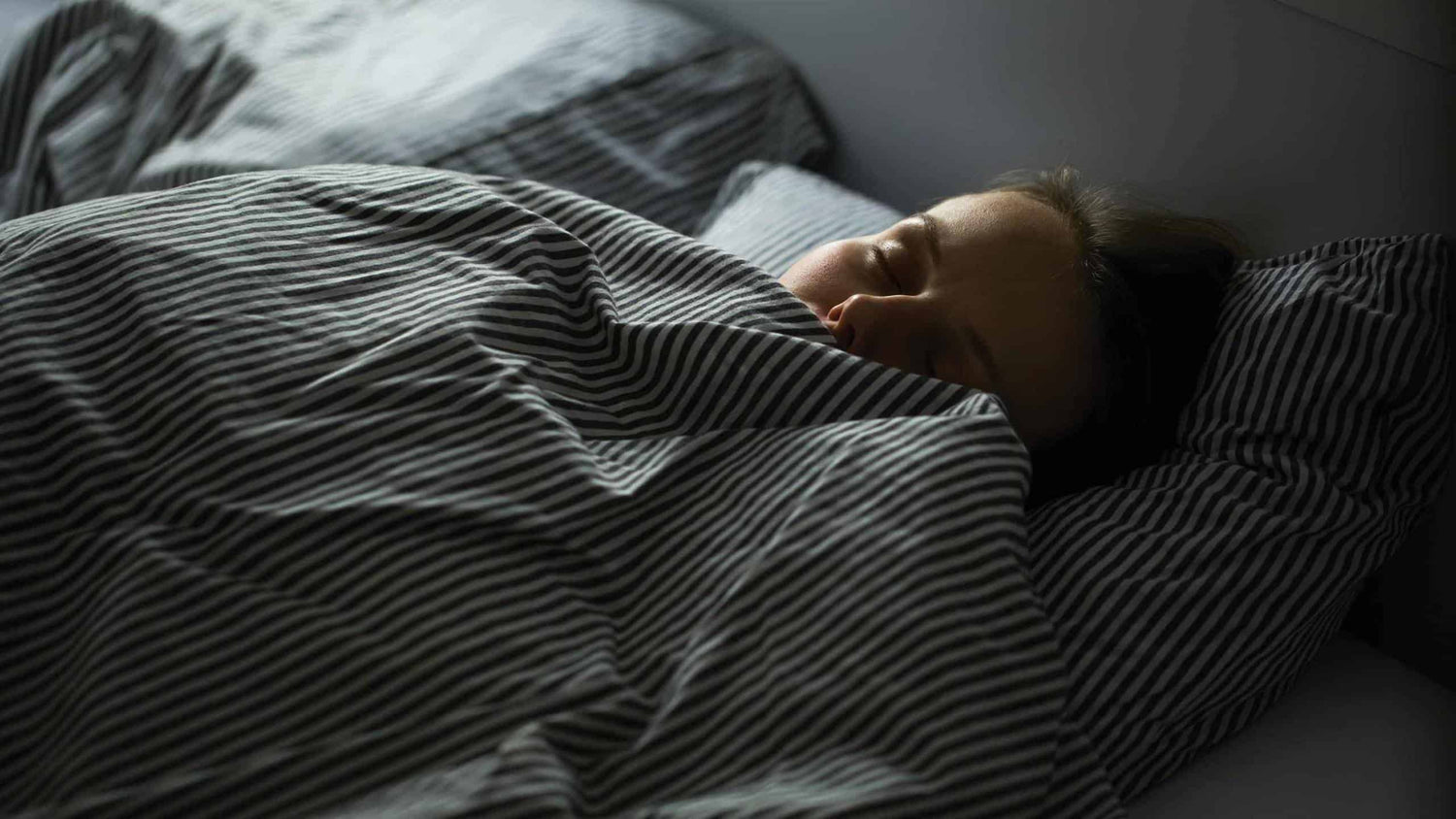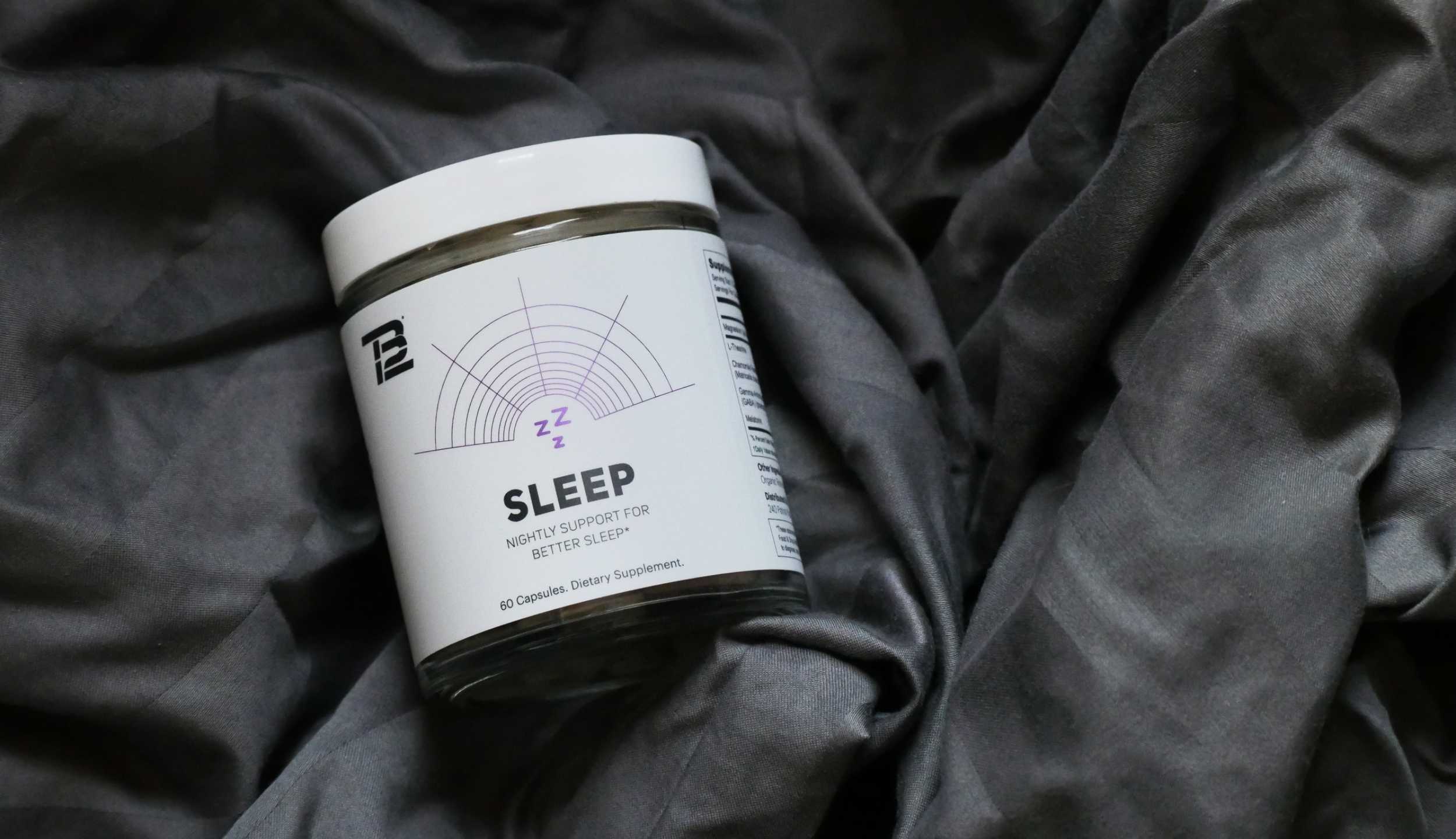It’s no secret that both nutrition and sleep play a fundamental role in our performance and recovery, but the complex and important relationships between them are frequently overlooked.
Not only does poor sleep affect our decisions around food, our decisions around food can also impact our sleep. Diets high in refined carbohydrates and sugar and low in fiber are associated with less REM sleep and more awakenings during the night. Learn how to eat smarter, sleep better, and live a healthier life.
1 in 3 Americans don’t get enough sleep. That number is staggering…almost as staggering as the negative impact lack of sleep has on our health and wellness. Chronic lack of sleep and poor-quality sleep has been associated with health issues like depression, type 2 diabetes, heart disease, and obesity, while also suppressing our immune system. It’s important to consider both quantity – how long you sleep – and quality – how well you sleep.
While people’s circadian cycles differ (night owls vs. morning larks), the goal for people over 18 is a minimum of 7-hours nightly. Those under 18 need a lot more to help support growth and development.
Here’s what happens if sleep quantity and/or quality suffer:
01 Slower Metabolism
Less sleep may slow our metabolism possibly leading to weight gain even if all other healthy habits like exercise and diet remain the same.
02 We Eat More
Less sleep = increased hunger and appetite = more calories consumed. Over time, this can lead to being overweight or obese.
03 Poor Food Choices
When we don’t get enough sleep, we choose foods higher in sugar and fat. This can impact our waistline and increase our risk for chronic disease.
04 Suppressed Immune System
Lack of sleep can increase inflammatory markers and make it harder for our body to recognize and fight illness.

Eat for Better Sleep
Here’s what you can do to maintain a diet that will support healthy sleep every night:More sleep tips:
- Go to bed and wake up at the same time every single day
- Place all electronic devices outside the bedroom, this means no TV’s in bedroom
- Dim the lights in your house in the 2-3 hours leading up to bed
- Aim for at least 30 minutes of exercise daily, ideally 2-3 hours before bedtime
- Consider blue light blocking glasses, as blue light exposure can interfere with your ability to fall asleep and sustain deep sleep
- Take a hot shower before bed, as this is a great way to relax your body for a night of deep sleep.
- If you're looking for sleep support, check out our natural, non-habit forming sleep supplement, TB12 Sleep





